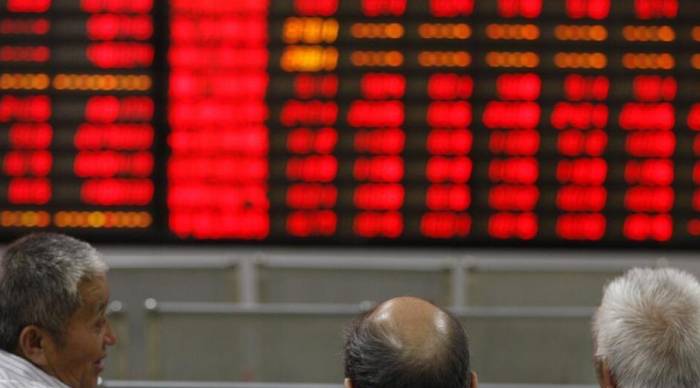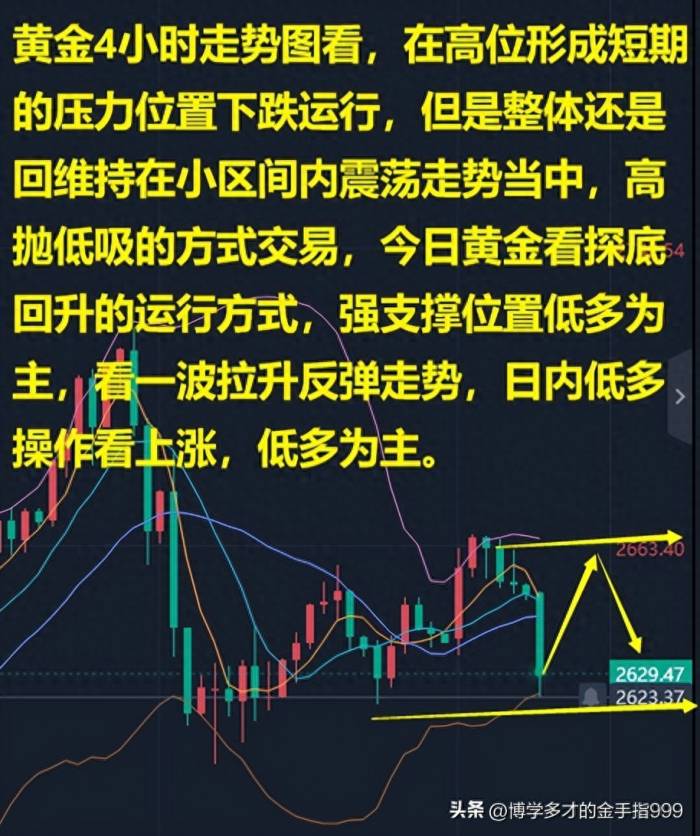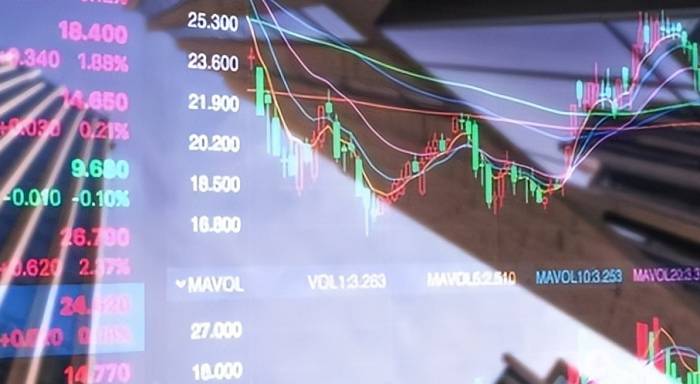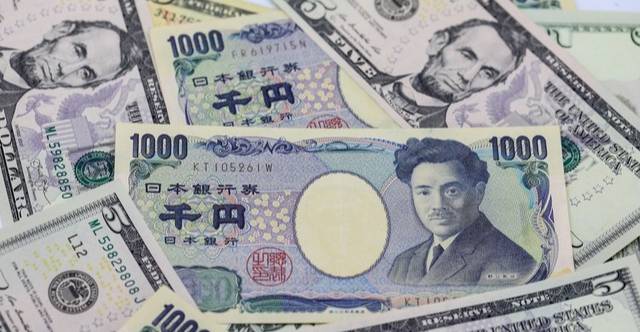On Friday, November 29, the global financial landscape experienced notable shifts as Tokyo's inflation data exceeded expectations, significantly impacting the Japanese yen and triggering mixed responses across Asian stock markets. Investors' sentiments were palpably affected, with the MSCI Asia-Pacific index marking its second consecutive month of decline. Equity markets in Australia and Japan saw downturns, but the worst hit was undeniably in South Korea, where the stock market fell sharply following an unexpected rate cut by the Bank of Korea on Thursday. This strategic decision prompted investors to redirect their focus onto slowing economic growth forecasts.Concurrently, the Chinese mainland saw some upward movement in its stock markets. In this bustling financial environment, U.S. stock index futures rallied despite the American markets being closed on Thursday for the Thanksgiving holiday. This specific week traditionally sees lower trading volumes due to the Thanksgiving holiday, but month-end positioning adjustments meant that investors might reconsider their portfolio balances after U.S. stocks recently set historical highs.In the foreign exchange arena, the U.S. dollar weakened against all major currencies, with the dollar index set to experience its first weekly decline in two months. The yen appreciated against the dollar, reaching its highest value in over a month at over 150 yen per dollar. As spot trading resumed across Asian markets, U.S. Treasury yields saw a downward trend, reflecting global market dynamics.The market fluctuations reveal a broader sentiment of diminished risk appetite among global investors. This timid stance emerges from the juxtaposition of strong inflationary pressures in Japan with ongoing uncertainties in other regions, particularly in South Korea, which has seen notable economic slowdown after a surprise interest rate cut. In Japan, inflation data indicated an uptick that exceeded forecasts, leading to predictions that the Bank of Japan might cautiously consider rate hikes in the coming month. The swap market pricing implied a greater than 60% likelihood of such a move.Economist Taro Kimura from Bloomberg remarked that the latest Consumer Price Index (CPI) report could bolster the Bank of Japan’s confidence regarding strengthening inflation trends, positioning its 2% target as increasingly attainable. Simultaneously, the Japanese government is deliberating on potentially postponing decisions surrounding tax increases necessary to alleviate surging defense expenditure, reflecting the complexities of fiscal policy in the face of evolving economic pressures.In Australia, bond yields rose after Reserve Bank Governor Michelle Bullock emphasized that core inflation levels remain disturbingly high. This rhetoric effectively dispelled recent speculations about future rate cuts, leading to a slight appreciation of the Australian dollar against its U.S. counterpart. Conversely, within the broader currency market, investor disappointment stemming from expected government spending cuts led the Brazilian real to plummet to record lows, while the Mexican peso gained traction despite a constrained trading environment pre-Thanksgiving.European markets saw a rebound on Thursday following two consecutive days of decline. Technology stocks led the rally as anxieties regarding U.S. restrictions on semiconductor sales to China eased. Reports surfaced indicating that U.S. policymakers are considering a less stringent approach to restrictions affecting semiconductor manufacturing equipment and artificial intelligence memory chips, igniting optimism within the tech sector.However, France's domestic political turmoil has put significant pressure on its equity and bond markets. The yield on French benchmark bonds approached 3%, momentarily aligning with Greek bond yields, an inaugural alignment in historical terms. The performance of the French stock market is on track to potentially reflect its worst standing relative to other European markets since 2010, with a budget impasse looming that might precipitate governmental instability.Jordan Rochester, head of macro strategy at Mizuho International, noted the ramifications of France's predicament: as one of Europe’s largest bond issuers, diminished buyer interest poses risks, pushing investors toward Italian and Spanish bonds, whose economic indicators appear notably healthier. The investor sentiment is clearly bifurcated, favoring stability over uncertainty.Recent U.S. data on Personal Consumption Expenditures (PCE) unveiled unexpectedly strong performance in core services, prompting investors to reassess their predictions regarding inflation and potential Federal Reserve rate cuts. Adjustments in expectations reflect broader concerns over economic stability and the Fed's trajectory in navigating these turbulent waters.The commodities market is also witnessing volatility, particularly in oil prices, which saw an uptick as stakeholders focus on the upcoming OPEC+ meeting scheduled for December 5. Gold prices have rallied for the fourth consecutive trading day, recently breaching the $2,660 mark, climbing over $20 in a single day. Nevertheless, analysts caution that this month may conclude with the potential for the first decline in prices in five months.In summary, the complex interplay of inflation, interest rates, and geopolitical factors continues to intricate the global economic landscape, shaping investor behavior and altering market dynamics. The clarity around these factors will pave the way for investor confidence or further caution as we head into the remaining weeks of the year.
A Data Surge Sparks Yen's Soaring Rise!
📅
Published
Related Articles

Accelerated Inflow of Long-term Capital
Aug-29, 2024

Did the US raise interest rates from 5.25% to 5.5%?
Oct-11, 2024

Bond Bull Market Over at 2.80% 10-Year Yield?
Jul-20, 2024

BYD Shocks the World with Major Announcement
Jul-28, 2024


Nvidia Surpasses Apple's Market Value
Oct-05, 2024

Ten Traits of Great Investors
Jul-12, 2024

Yinghua Fund Manager's Billions See Sharp Decline
Aug-31, 2024

Trillion-Dollar Stimulus on the Horizon?
Nov-05, 2024

OpenAI's Shift to Profit-Driven Ventures
Sep-15, 2024

High Prices Do Not Equal Spring
Jul-27, 2024

A Data Surge Sparks Yen's Soaring Rise!
Oct-31, 2024

Gold and Silver: Bottoming Out for a Bullish Trend
Sep-13, 2024




Semiconductor "Demon King" Sees $156.5 Billion Surge
Aug-03, 2024




Baido: The Potential Successor to Didi
Sep-28, 2024

Factors Behind America's Strong Consumer Spending
Sep-30, 2024

Foreign Funds Amass $170B: A-Shares to Surge?
Oct-26, 2024

Is the Era of Large Models Reaching a Turning Point?
Sep-23, 2024

How High Can Bitcoin Rise in This Bull Market?
Jun-16, 2024

Weilai Loses, BYD Gains, Tesla Profits Big!
Aug-04, 2024

Nissan: A Downfall Awaited
Jul-06, 2024

Asian Stocks Rise on Bank of Japan Rate Hike Bets
Nov-10, 2024

Leaders of A-Shares Dual Listing in Hong Kong
Jul-27, 2024

Tariffs Never Sleep
Jul-28, 2024